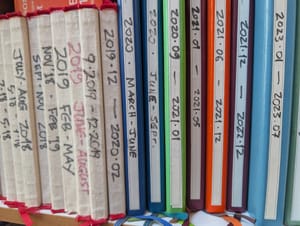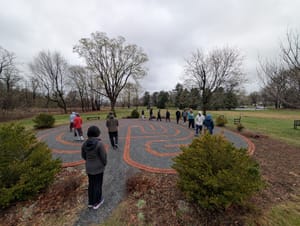I found out just last week that the poet Carl Thayler died last year.
Thayler is a thorny, difficult poet, committed to the precision and beauty of carefully-chosen words. His poetry is dense, often allusive, and steeped in historical events and figures that many people now are not intimately familiar with–and yet his poems make no concessions to the ignorance of the reader. As a result it’s easy to misunderstand or misconstrue his poems.
Add to that Carl’s pointed right-wing viewpoint (pro-guns, pro-frontier justice, pro-McCarthy) and it is clear that the man was never destined for fame within the literary establishment. Indeed, Carl died with most of his work still unpublished, although a few new volumes came out in recent years and more work is, apparently, in the pipeline.
I met Carl Thayler only once, but it was enough to make a strong impression. Carl came to dinner at my mom’s apartment and spent the evening drinking wine and regaling us with stories. He spent far more time talking than we did, and we were all transfixed by his articulate, genteel, and lively conversation. Interviews with Carl prove that he could talk, and provoke, without incurring rancor. That’s not a bad trick for a man whose politics led him to admire Eugene McCarthy, excoriate the ACLU, and celebrate pro-Franco Spain and Capt. NcNelly’s Rangers, early white patrollers of the Tex-Mex border.
I don’t remember any of that in our conversation. I do remember that he’d recently seen his own heart: He’d had open-heart surgery, and had either watched it, live, on a video monitor, or had been able to watch a videotape of it after he recovered. Either way, it had clearly impressed him — as it impressed me. To watch your own heart beating: Is there anything more terrifying, or moving? And to watch it without turning away. That’s the kind of hard, clear vision that the poetry of Carl Thayler has.


